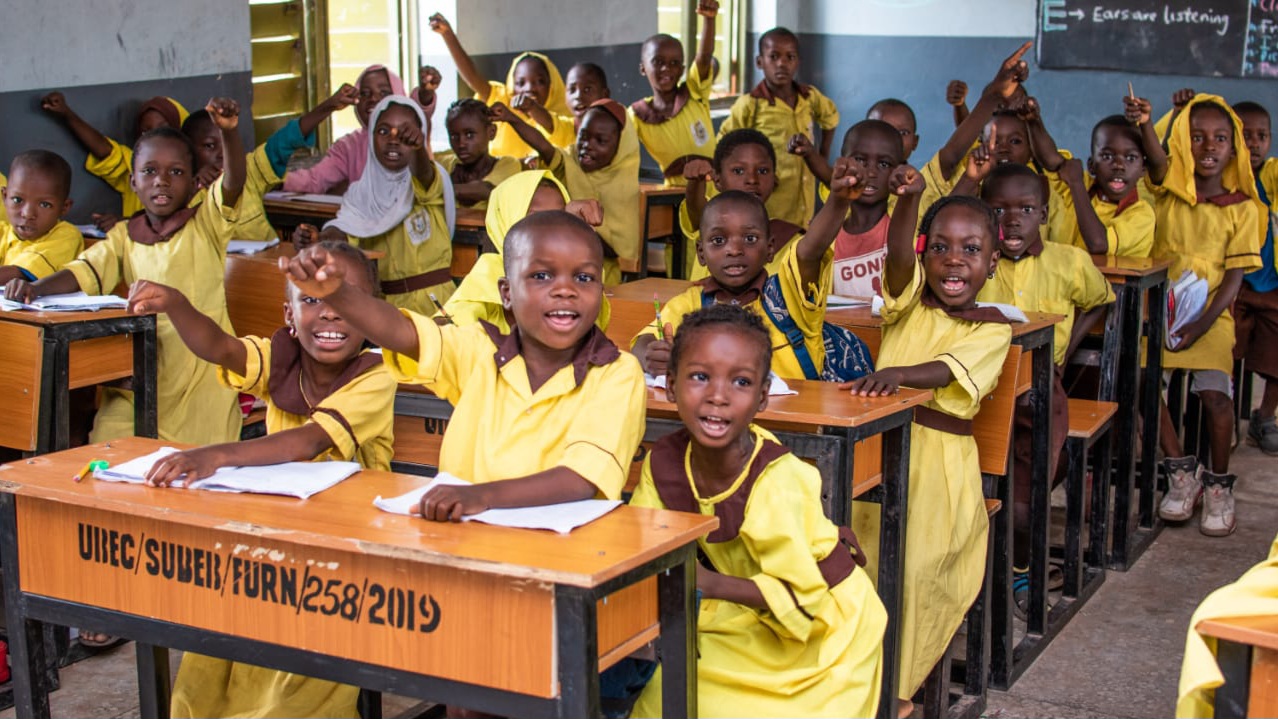 The Governor of Kwara State, AbdulRahman AbdulRasaq has said investing and prioritising fruitful education systems is essential, especially as Sub-Saharan Africa is not lacking potential with its rapidly growing population of young people.
The Governor of Kwara State, AbdulRahman AbdulRasaq has said investing and prioritising fruitful education systems is essential, especially as Sub-Saharan Africa is not lacking potential with its rapidly growing population of young people.
AbdulRasaq, who is the Chairman of Nigeria Governors forum, said with Africa’s potential, education is the greatest human capital opportunity the world has ever seen.
The Kwara State governor, spoke on the topic title, ‘The unprecedented potential of Africa’s future generations,’ to mark the International Day of the African Child, held on June 16.
AbdulRasaq said 2023 is set to be the year when Sub-Saharan Africa leads the world as the region with the most young people (0-14), noting that the size and acceleration of this age cohort are historically unprecedented.
He said unfortunately, this can be difficult, as barriers get in the way, adding that education challenges contribute to learning poverty, which is 90 per cent in Sub-Saharan Africa.
AbdulRasaq said in many Nigeria States, learning outcomes are not so inspiring with many pupils being left behind.
“In 5-10 years, Africa will provide about half of the world’s increase in the working-age population. Investing in future generations’ learning will determine the skill set of these world-shaping young people.
“With the population of Sub-Saharan Africa skyrocketing, so does the demand for essential services like healthcare, infrastructure, and all the elements that create and maintain a prosperous society. Education is the foundation of these services; it will provide a pathway for Africa’s young people to seize career opportunities,” he said.
He said Kwara State is privileged to see firsthand, the transformative power of education and the way its carry-on effects empower the nation.
According to him, the KwaraLEARN education transformation programme, launched over a year ago, is delivering a vision and way forward for pupils to learn in a meaningful way.
“A study co-authored by the Yidan Prize winner Professor Eric Hanushek estimates the value of ensuring all students achieve global basic-level skills. In Sub-Saharan Africa, 94 per cent of youths do not reach basic skill levels, heavily contributing to global levels, which have been estimated at present value to equate to a lost world economic output of more than $700 trillion over the remaining century.
“This highlights the alarming opportunity cost of not investing in African human capital. With more and more pupils to educate, it is incumbent on us as leaders to strengthen the bedrock that is learning,” said AbdulRasaq.






